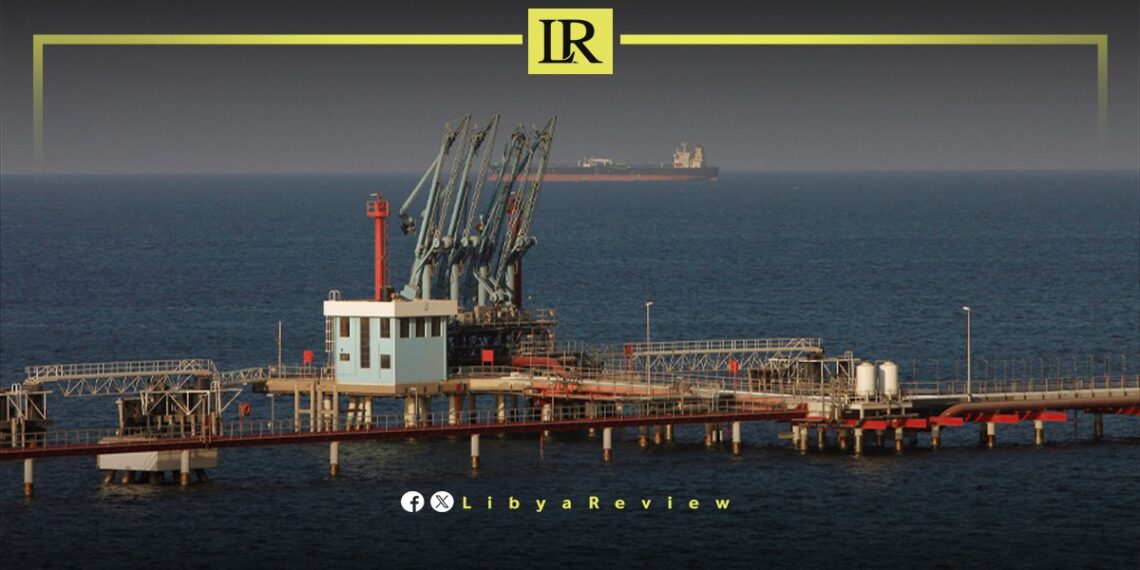On Saturday, Libya’s Hariga Port announced that it had halted operations due to a significant drop in oil supplies from the Sarir oil field.
This stoppage underscores the severe challenges facing Libya’s oil industry, which continues to be plagued by political instability and operational disruptions.
Bloomberg reported that oil production in Libya has decreased to 450,000 barrels per day since the closure of key facilities. The National Oil Corporation (NOC) announced that the shutdown of oil fields over just three days has already resulted in losses exceeding $120.3 million.
The suspension of operations follows a declaration by Parliament-designated Prime Minister Osama Hammad, who on August 26th announced a force majeure across all oil fields, ports, and related institutions, effectively halting oil production and exports. This drastic measure was a direct response to the Presidential Council’s decision to appoint a new Governor and Board of Directors for the Central Bank of Libya, a move that has heightened tensions in the country’s ongoing power struggle.
Libya’s oil industry is the backbone of its economy, providing the bulk of the country’s revenue. However, the sector has been repeatedly disrupted by political conflicts, leading to frequent closures and production halts. The recent shutdown at Hariga Port, one of Libya’s key export terminals, is a stark reminder of how deeply political instability can impact the nation’s economic lifelines.
The Sarir oil field, one of the largest in Libya, is crucial for the country’s overall oil output. Any significant disruption in its operations can have cascading effects on Libya’s economy and the global oil market, particularly for countries that rely on Libyan crude.
The force majeure declared by Prime Minister Hammad is symptomatic of the broader political turmoil in Libya, where control over key economic institutions like the Central Bank is fiercely contested. The financial toll of these disruptions is substantial, with the NOC reporting that losses from the oil shutdown could quickly escalate if the situation isn’t resolved.
The shutdown of Hariga Port is likely to have profound implications, both for Libya’s fragile economy and for global oil markets. For Libya, the continued loss of oil revenue could exacerbate its economic crisis, making it more difficult to meet the needs of its citizens and rebuild essential infrastructure.


